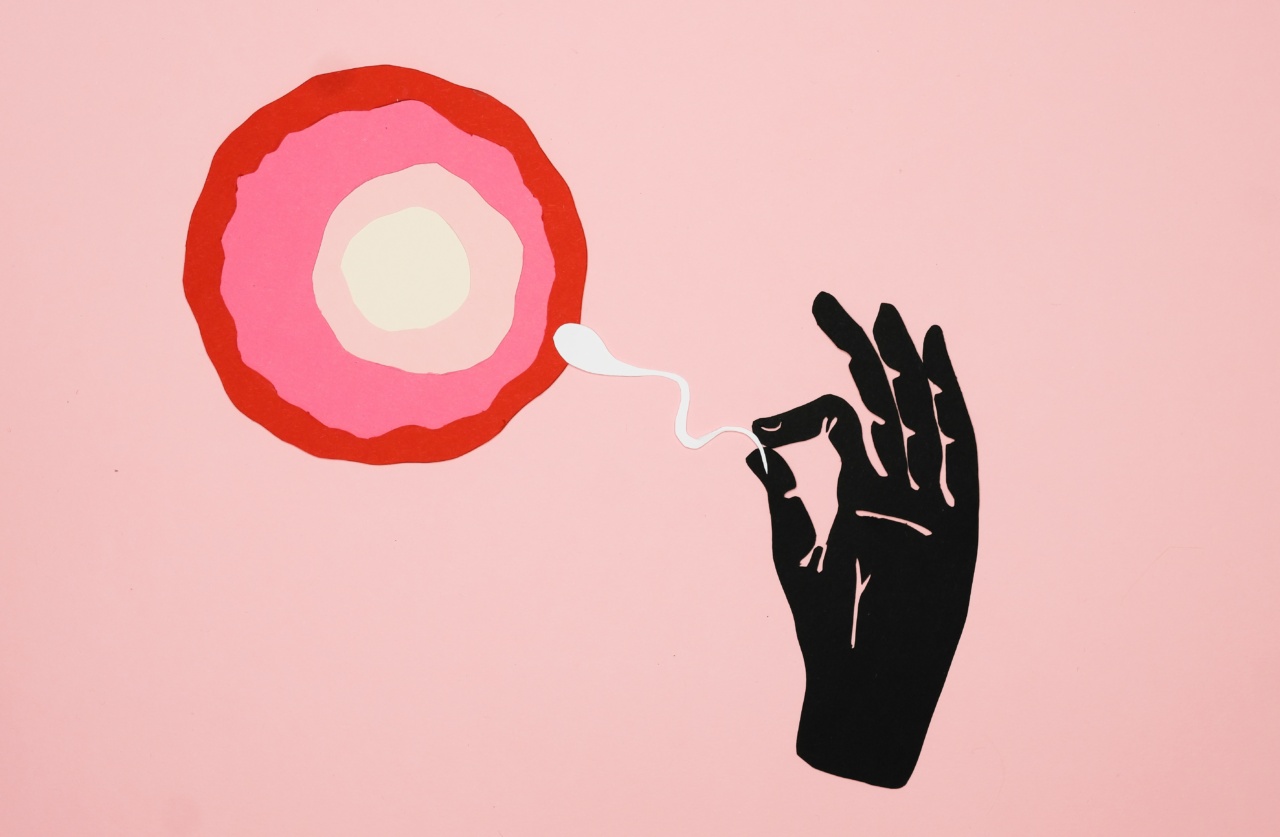Infertility is a growing concern worldwide, affecting millions of couples. While often considered a female issue, it is important to recognize that male factors contribute to infertility in almost half of all cases.
One of the key factors influencing male infertility is sperm quality. Poor sperm quality can significantly reduce the chances of conception, and it is crucial to understand the various factors that can put sperm quality at risk.
In this article, we will explore the factors that impact sperm quality and discuss ways to maintain optimal sperm health.
1. Age
Age plays a vital role in sperm quality and fertility. While women experience a decline in fertility as they age, men also face similar challenges.
Advanced paternal age is associated with reduced sperm quality due to increased DNA damage and changes in sperm morphology. As men age, the risk of genetic abnormalities in sperm increases, leading to lower fertility rates. It is important for men to be aware of these age-related changes and consider family planning accordingly.
2. Lifestyle and Habits
Several lifestyle factors and habits have a significant impact on sperm quality. The following factors can put sperm quality at risk:.
Smoking:
Cigarette smoke contains harmful chemicals that can damage sperm DNA and impair sperm motility. Smoking also reduces the number of sperm produced by the body, affecting fertility.
Alcohol and Drug Consumption:
Excessive alcohol consumption and drug abuse can negatively affect sperm parameters, including concentration, motility, and morphology. It is crucial to exercise moderation and avoid recreational drugs to maintain optimal sperm health.
Poor Diet:
A diet lacking essential nutrients, vitamins, and antioxidants can influence sperm quality. Including a variety of fruits, vegetables, whole grains, lean proteins, and healthy fats in the diet can improve overall reproductive health.
Obesity:
Being overweight or obese has been linked to reduced sperm quality. Excess weight can lead to hormonal imbalances and elevated scrotal temperatures, both of which negatively impact sperm production and motility.
Stress:
Chronic stress can disrupt hormonal balance, affecting sperm quality and production. Finding healthy coping mechanisms and stress management techniques can be beneficial for optimizing fertility.
3. Environmental Factors
Environmental factors can also contribute to poor sperm quality. Exposure to certain substances and conditions can have adverse effects on male fertility. These factors include:.
Heat:
Prolonged exposure of the testicles to high temperatures, such as using saunas or hot tubs frequently, can decrease sperm production. It is advisable to avoid excessive heat and allow the testicles to regulate their temperature naturally.
Chemical Exposures:
Exposure to chemicals in the workplace or during certain hobbies, such as pesticides, heavy metals, and industrial chemicals, can impact sperm count and quality. Protective measures should be taken to minimize exposure to harmful substances.
Radiation:
High levels of radiation can damage sperm DNA, leading to infertility. Workers in industries involving radiation should adhere to safety protocols to protect their reproductive health.
4. Medical Conditions
Certain medical conditions can adversely affect sperm quality and fertility. These conditions include:.
Varicocele:
A varicocele is a condition characterized by enlarged veins within the scrotum. It can disrupt sperm production and quality. Surgical intervention may be necessary to repair the varicocele and restore fertility.
Sexually Transmitted Infections (STIs):
STIs such as chlamydia and gonorrhea can cause inflammation in the reproductive tract, leading to reduced sperm production and motility. Timely diagnosis and appropriate treatment are essential to mitigate any potential damage.
Hormonal Imbalances:
Imbalances in hormone levels, such as low testosterone or thyroid disorders, can impact sperm production and quality. Seeking medical advice and treatment for underlying hormonal issues can help improve fertility.
5. Medications and Treatments
Some medications and medical treatments can negatively affect sperm quality. These include:.
Chemotherapy and Radiation Therapy:
While necessary for treating cancer, these treatments can damage sperm-producing cells and lead to temporary or permanent infertility. Prior consultation with a fertility specialist and sperm banking may be considered before starting treatment.
Anabolic Steroids:
Using anabolic steroids for muscle building or performance enhancement can significantly impair sperm production and quality. It is crucial to avoid or seek medical guidance when using such substances.
Medications:
Certain medications, including some antibiotics, antifungals, and hormone therapies, may have adverse effects on sperm quality. It is advisable to consult with a healthcare professional regarding potential impacts on fertility.
Conclusion
Sperm quality plays a vital role in male fertility, and it is influenced by various factors. Age, lifestyle choices, environmental exposures, medical conditions, and medications/treatments can all impact sperm health.
By understanding these risk factors, individuals can take proactive steps towards maintaining optimal sperm quality. Making healthy lifestyle choices, avoiding harmful habits, seeking timely medical intervention, and protecting oneself from environmental hazards are all essential for promoting male fertility and increasing the chances of conception.



























